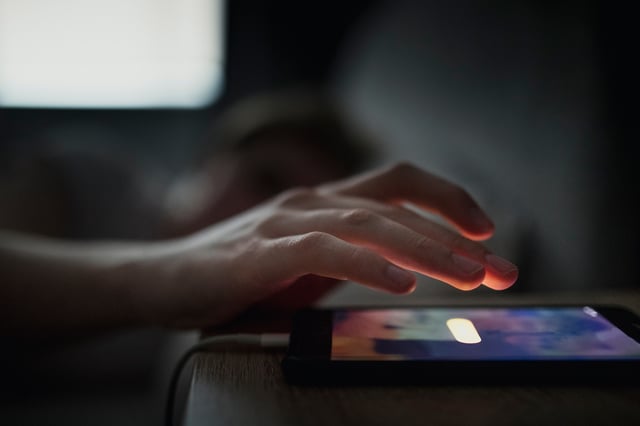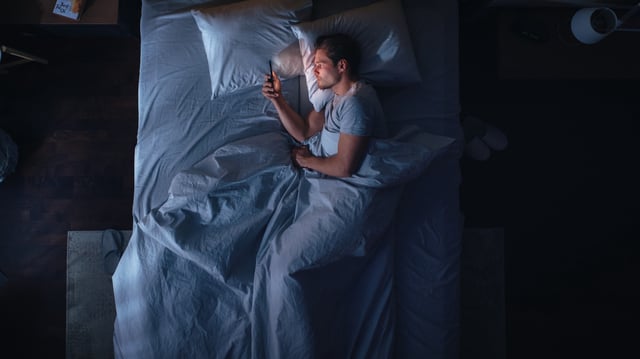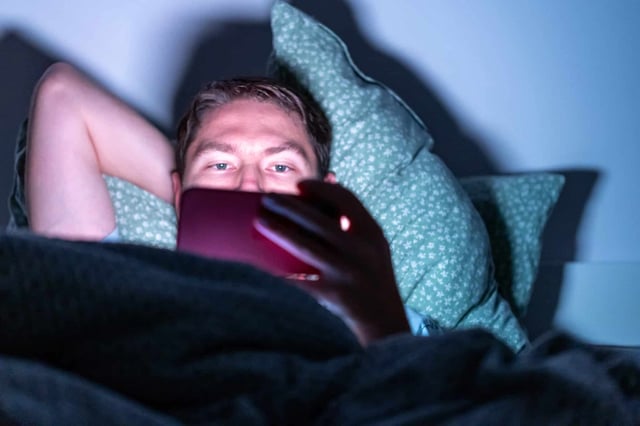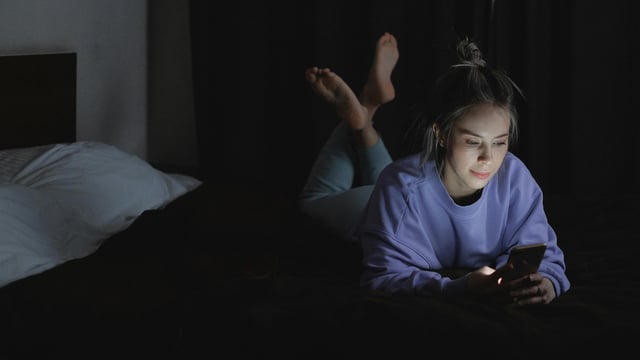Overview
- A large-scale study of over 45,000 Norwegian university students found that one hour of screen use in bed increases insomnia risk by 59% and reduces sleep duration by 24 minutes.
- The findings indicate that the type of screen activity, such as social media or gaming, does not significantly impact sleep quality; total screen time is the primary factor.
- Researchers attribute the sleep disruptions to 'time displacement,' where screen use delays bedtime and reduces rest time.
- The study emphasizes reducing screen use in bed, ideally stopping 30–60 minutes before sleep, and disabling notifications to improve sleep hygiene.
- While the study establishes a strong link between screen use and sleep problems, it acknowledges limitations in proving causality and calls for further research into underlying mechanisms.



